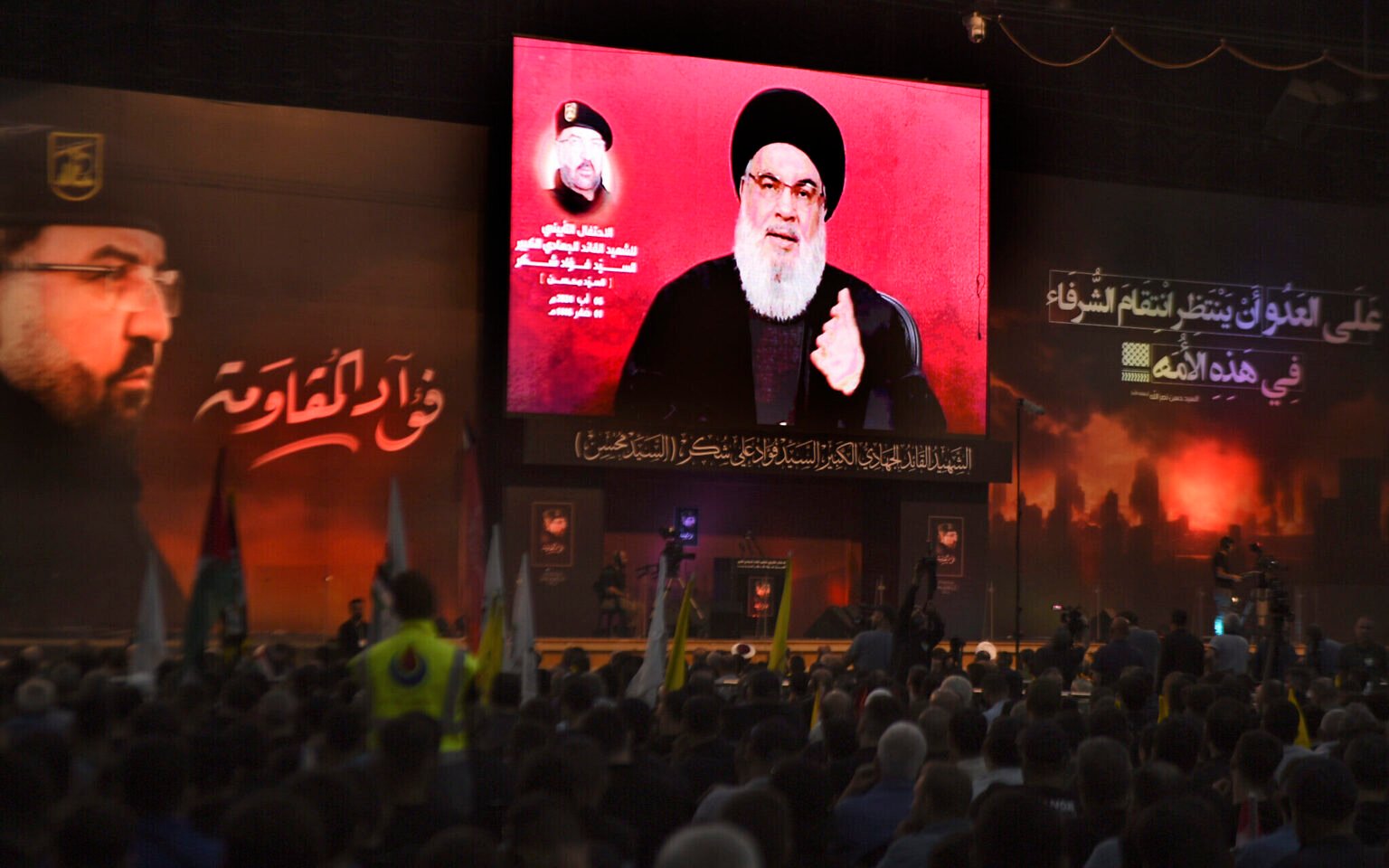Israel
Israeli officials increasingly believe that Hezbollah, rather than Iran, will be the first to launch a major attack on Israel in the coming days, according to media reports from Wednesday. This assessment comes amid reports that Tehran may be reconsidering its planned large-scale assault.
CNN, citing two sources familiar with intelligence on the situation, reports that Hezbollah seems poised to act independently of any Iranian response to the recent deaths of top Lebanese terror leaders.
The sources indicate that Hezbollah is preparing for an imminent attack, moving more swiftly than Iran in its readiness. This suggests that the Lebanese group could strike before Tehran finalizes its own retaliation plans.
The recent killings of Hezbollah’s top military commander, Fuad Shukr, in Beirut, and Hamas leader Ismail Haniyeh in Tehran have heightened tensions.
According to the sources, while Iran is still deliberating its response, Hezbollah is in a position to act with little to no warning, given its proximity to Israel.
The level of coordination—or lack thereof—between Iran and Hezbollah regarding the planned retaliation remains uncertain, with some officials suggesting potential discord between the two.
Meanwhile, Channel 12 news reported that Israel has warned both Hezbollah and Iran that any harm to Israeli civilians during their retaliation will be considered a red line, prompting a disproportionate response.
This warning reflects Israel’s concerns about potential attacks on civilian infrastructure and Israeli-linked targets abroad, although no specific overseas plots have been identified.
Defense Minister Yoav Gallant has been involved in discussions about when to issue advance warnings to Israeli citizens, though no decision has been made due to concerns about revealing intelligence sources. Israeli officials have indicated that public notifications will occur once an attack is confirmed.
On the Iranian front, U.S. officials have noted that Iran might be reassessing its plans for a large-scale attack on Israel. The Biden administration’s efforts to work with Middle Eastern allies to pressure Tehran may be influencing this reevaluation.
There are indications that Iran’s response might be more measured than initially anticipated. Reports suggest that President Masoud Pezeshkian has urged the supreme leader to avoid a direct confrontation with Israel, warning of severe repercussions for Iran’s infrastructure and economy.
Pezeshkian reportedly cautioned that an escalation could lead to significant domestic unrest and potentially undermine the regime.
In response to the escalating tensions, the UK and Egypt have advised airlines to avoid Iranian and Lebanese airspace to mitigate risks of broader conflict.
Egypt’s advisory, effective for three hours early Thursday, follows Iran’s announcement of military exercises in its airspace.
The directive affects all Egyptian carriers and reflects concerns about flight safety amid regional tensions.
Additionally, Jordan has requested airlines to carry extra fuel when landing at its airports to prepare for potential disruptions.
This heightened caution comes in the wake of Iran’s past incident in 2020, when its air defense units mistakenly shot down a Ukrainian passenger plane amid rising tensions with the U.S., highlighting the risks associated with heightened alert levels.


